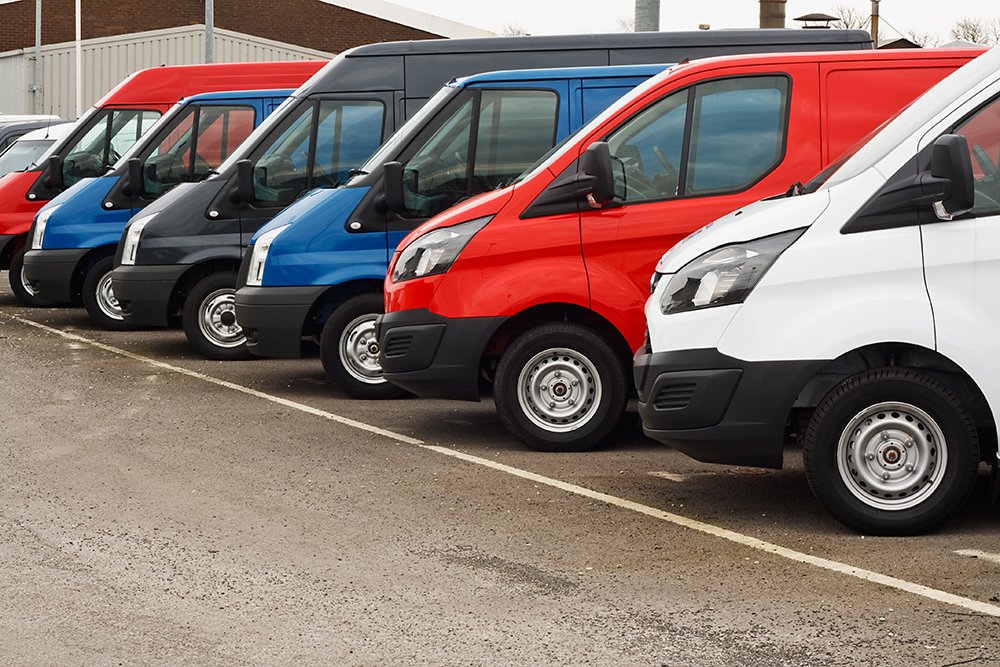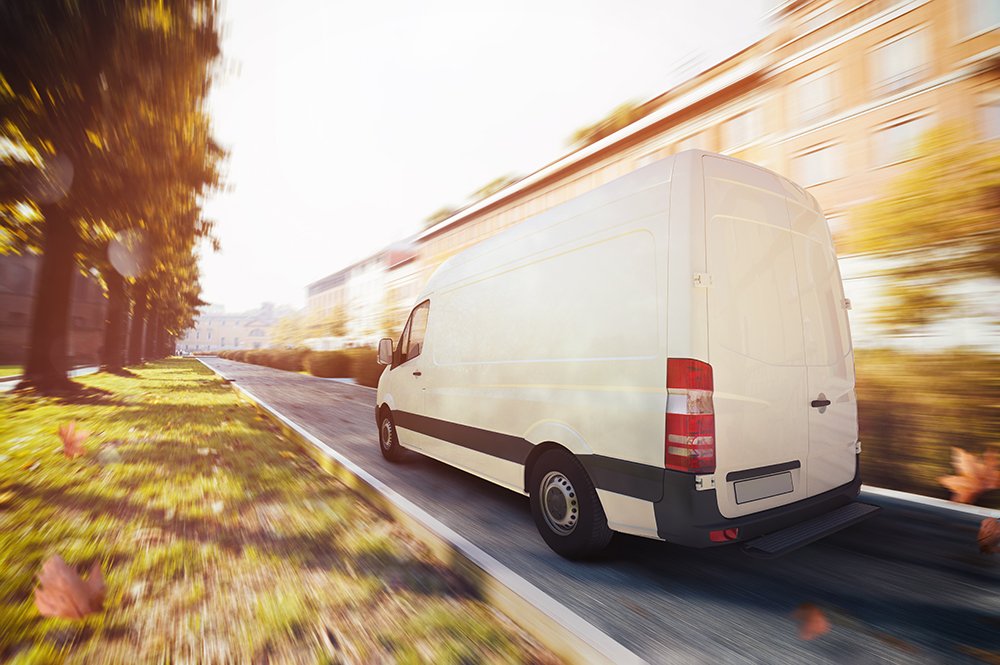
We all know the rules of the road, the Highway Code, what the law says and the do’s and don’ts of insuring a van – or do we? As in all things in life, it is worth knowing the finer details, checking the small print and using a little bit of common sense.
Let’s take a look at some of the lesser known areas where you might just find yourself in a spot of bother or worse, find that your vehicle insurance is not valid at all. It’s just not worth it, for the sake of spending 5 minutes making sure that you know all the pitfalls.
1. Is your footwear suitable for driving?
Did you know that what you wear on your feet may well cause your insurance company a few raised eyebrows? Didn’t think so. For example, while not many van drivers would necessarily want to be driving in flip flops or sandals, this form of footwear is frowned upon. More than that, if it can be proved that your unsuitable footwear contributed to any incident you were involved in, it might mean that the insurance company wouldn’t be paying out. The same thing goes for heavier footwear such as big clunky boots that may be cumbersome and restrict your movement or accidentally make you press more than one pedal at a time. Here’s a nice explanation by the RAC on suitable footwear for driving safely.
2. Are your sunglasses too dark?
Another form of attire that we probably don’t take enough care over choosing is sunglasses. As with footwear, this is something that could get you into trouble should it be deemed that your sunglasses are too dark or could have caused you to have obstructed vision which may have caused you to have an accident. Check out the advice given by the AA with regards to suitable eyewear. In a nutshell, if you are buying sunglasses that you will use for driving, make sure that you check the label as the really dark shades that only let in 8% or less light should, by law, be labelled ‘not suitable for driving and road use’. These very dark shades are often used for sports activities such as skiing, where the glare from the sun can be very strong. If you’ve forgotten your regular driving glasses, don’t be tempted to use these as a substitute.
 3. Had a bump but didn’t make a claim?
3. Had a bump but didn’t make a claim?
Have you had a minor scrape which you decided at the time was not worth you getting fixed, maybe because of the hassle of sorting things out with your insurance company and potentially affecting your No Claims Bonus? Many people do. But, if some time in the future you have another accident and this time you do want to make a claim, you could find that your insurance is invalidated because the damage to your van is not consistent with this new incident as a result of the previous, unmentioned damage. Sounds crazy, doesn’t it? Even if you don’t want to make a claim, you should always inform your insurance company of any damage to your van, no matter how small, otherwise you may be in breach of your policy.
4. Have you given the wrong address?
Moving home is something most people will do at least once in their lives and it’s so easy to forget to let your insurance company know that your van is now located somewhere different. You might be wondering why it would make any difference to your insurance where you live? Unfortunately, it makes a lot of difference. Insurance companies assess your neighbourhood for risk before deciding how much your insurance premiums will be. It’s also not a good idea to give a different address to your own, say your parents, just because their area is deemed to be a lower risk than yours – you have been warned.
5. Are you doing more miles than you said you would?
It’s often hard to estimate how many miles you’ll be doing per year. However, if you have to make a claim and your van has done more mileage than you stated when you took out your insurance policy, you may find them reluctant to pay out. Keep an eye on your van’s odometer throughout the year and try to cut out unnecessary journeys if you’re approaching your predicted annual mileage. If you know that you’ll be doing a lot of miles in the van, especially where being on the road is part of your job, it’s worth shopping around for the best insurance cover using a specialist van insurance comparison site such as https://www.comparevaninsurance.com.
6. Are you taking your dog in the van?
Taking your dog with you may seem like a great way to give you some company while on the road, and is a lot kinder to the animal than leaving them home alone. But are you aware that any pets in a vehicle should be restrained? Failure to do so not only puts your dog’s safety in jeopardy but could result in your insurance being invalidated; you could even lose your licence. A seat belt harness, pet carrier dog cage or dog guard are the recommended ways to restrain your dog while you’re driving.
7. Are you abusing your rear view mirror?
That rear view mirror on the windscreen is the perfect place to hang stuff, right? Err, no – you would be creating a distraction or, worse, obstruct your view. Likewise, be careful where you place a windscreen or dashboard mounted satnav so that it does not cause a blind spot whilst driving. As with wearing the right sort of eyewear, it is important that you don’t have anything on the windscreen or dashboard of your van that might impair your visibility and cause you to drive dangerously.








